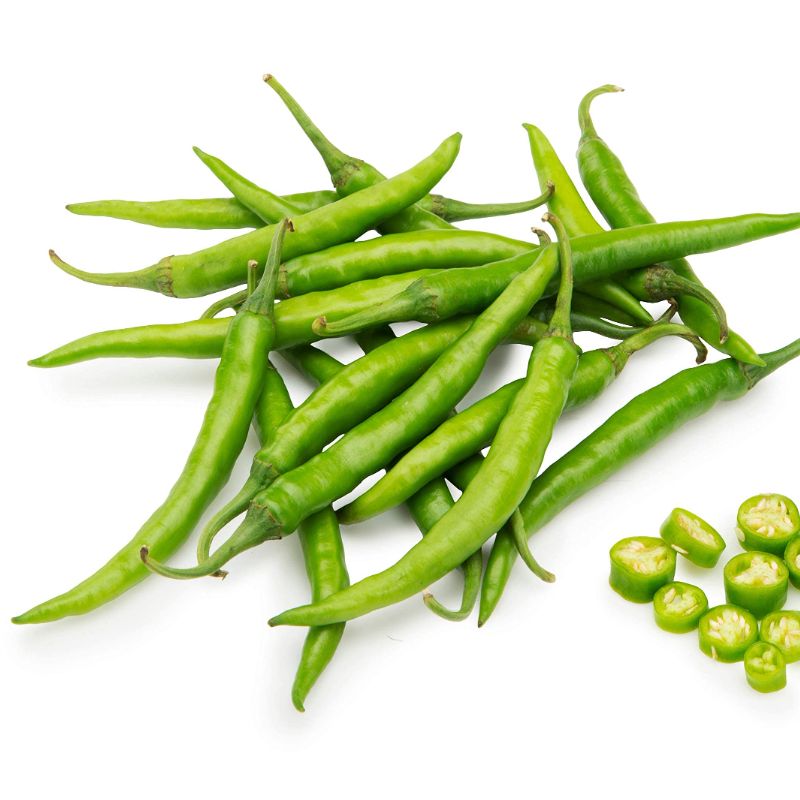Watermelon
Watermelon (Citrullus lanatus) is a delicious and refreshing fruit that belongs to the Cucurbitaceae family, which also includes cucumbers, pumpkins, and squash. It is a popular summer fruit known for its sweet, juicy flesh and high water content, making it an excellent choice for staying hydrated on hot days.
₹1,000.00
WATERMELON
Watermelon (Citrullus lanatus) is a delicious and refreshing fruit that belongs to the Cucurbitaceae family, which also includes cucumbers, pumpkins, and squash. It is a popular summer fruit known for its sweet, juicy flesh and high water content, making it an excellent choice for staying hydrated on hot days. Here’s a detailed overview of watermelons:
Plant Size: Watermelon plants are sprawling vines that can cover a significant area, depending on the variety and growing conditions. They typically have long, slender stems that trail along the ground or can be trained to grow on trellises. The plant’s size can range from compact varieties suitable for small gardens to larger ones that require more space.
Type: Watermelons come in various types, with the two most common being seeded and seedless. Seeded watermelons have black or brown seeds, while seedless varieties are increasingly popular due to their convenience.
Taste: Watermelons are renowned for their sweet and refreshing flavor. The taste can vary depending on the ripeness and variety but generally offers a delightful combination of sweetness and mild, fruity notes.
Color: The most common color for watermelon flesh is a vibrant red or pink hue. However, there are also yellow and orange-fleshed watermelon varieties. The rind or outer skin is typically green, although some varieties may have striped patterns.
Soil Type for Growth: Watermelons thrive in well-drained, sandy or loamy soil with a slightly acidic to neutral pH. They require good soil fertility and benefit from organic matter such as compost. Adequate soil moisture is crucial for successful watermelon cultivation.
Regions of Production: Watermelons are grown in many parts of the world, but they thrive in warm, sunny climates. Major watermelon-producing countries include the United States (particularly in states like Florida, Texas, and Georgia), China, Turkey, and Iran. In India, watermelons are cultivated in several states, with Punjab, Haryana, Maharashtra, and Uttar Pradesh being some of the main producing regions.
Maturity Period: The time it takes for a watermelon to reach maturity varies depending on the variety and growing conditions. On average, it takes about 80-90 days from planting to harvest.
Environmental Conditions: Watermelons require warm temperatures and plenty of sunlight for optimal growth. They are sensitive to frost and should only be planted after the last frost date in your region. Adequate spacing between plants is important to ensure good air circulation and prevent diseases.
Physical Properties and Ingredients:
- Watermelon has a high water content, usually around 90%, which contributes to its refreshing nature.
- It is rich in vitamins and minerals, including vitamin C, vitamin A, potassium, and magnesium.
- Watermelon is low in calories and fat, making it a healthy snack option.
- The fruit contains natural sugars, primarily fructose.
Shelf Life After Harvesting: The shelf life of watermelons after harvesting depends on factors like ripeness and storage conditions. Generally, ripe watermelons can be stored for up to two weeks in a cool, dry place. Cut watermelon should be refrigerated and consumed within a few days.
Storage Conditions: Whole, uncut watermelons can be stored at room temperature until they ripen. Once cut, store watermelon in the refrigerator in an airtight container to maintain freshness.
Uses and Consumers: Watermelons are versatile and can be enjoyed in various ways:
- Sliced and eaten fresh as a snack or dessert.
- Blended into smoothies and juices.
- Added to fruit salads and desserts.
- Used in cocktails and mocktails.
- Incorporated into savory dishes like salads with feta cheese and mint.
Watermelons are a favorite summer treat for people of all ages and are consumed worldwide for their delightful taste and hydrating properties. They are also used in various culinary applications and beverages, making them a versatile and beloved fruit.







Reviews
There are no reviews yet.